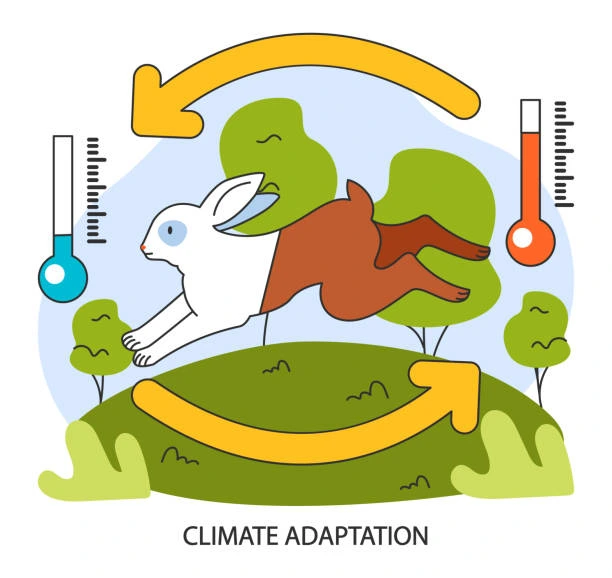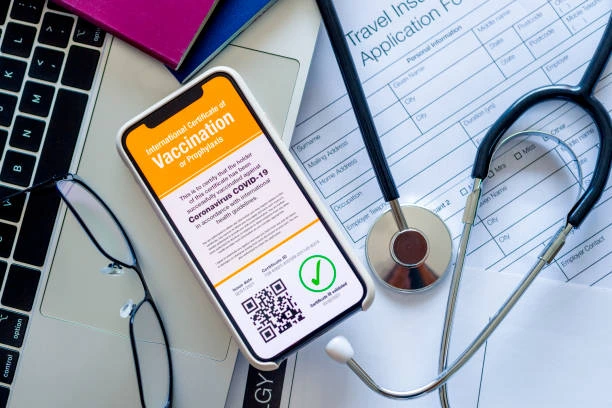Course Overview:
Monitoring and Evaluation (M&E) for Development Professionals is designed to equip participants with practical knowledge and skills to effectively plan, implement, and manage M&E systems for development projects. It covers fundamental M&E concepts, frameworks, tools, and techniques with a strong focus on results-based monitoring, data collection, analysis, and reporting. Through a combination of theoretical instruction and practical exercises, participants will learn how to track progress, assess project outcomes, and enhance decision-making processes, contributing to the success of development initiatives.
Duration
10 Days
Who Should Attend
- Development practitioners, project managers, and coordinators
- M&E officers and specialists working in development projects
- NGO staff involved in project implementation and reporting
- Government officials involved in policy planning and program evaluation
- Donor agency staff responsible for tracking the progress of funded projects
- Anyone involved in development project design, implementation, and evaluation
Course Objectives
By the end of this course, participants will be able to:
- Understand the principles and importance of Monitoring and Evaluation in development projects.
- Develop the skills to design and implement an M&E framework tailored to specific project needs.
- Gain proficiency in results-based monitoring and evaluation, including how to define indicators and measure outcomes.
- Learn techniques for collecting, analyzing, and interpreting data for decision-making.
- Understand how to generate meaningful M&E reports for stakeholders.
- Develop the ability to conduct impact assessments and evaluate the effectiveness of development interventions.
- Gain hands-on experience in using M&E software tools.
- Understand how to integrate gender and social inclusion into M&E processes.
- Enhance the capacity to use M&E results for adaptive management and improved project design.
- Strengthen communication skills for presenting M&E findings to various stakeholders.
Course Outline:
Module 1: Introduction to Monitoring and Evaluation
- Overview of M&E concepts and principles
- The role of M&E in the project cycle
- Differences between monitoring, evaluation, and auditing
Module 2: M&E Frameworks and Systems Design
- Results-based management (RBM) and logical frameworks (logframes)
- Developing an M&E plan
- Setting objectives, outputs, outcomes, and impact indicators
- Aligning M&E with Sustainable Development Goals (SDGs)
Module 3: Developing Indicators and Data Collection Methods
- Types of indicators: Input, output, outcome, and impact
- Designing SMART indicators
- Qualitative and quantitative data collection techniques
- Data collection tools (surveys, interviews, focus groups, observations)
Module 4: Data Management and Analysis
- Data quality assurance: Validity, reliability, and accuracy
- Data management systems (manual and digital)
- Tools for data analysis (Excel, SPSS, and Stata)
- Using data to track progress and make informed decisions
Module 5: Reporting and Communication of M&E Results
- Developing effective M&E reports
- Visualizing data (graphs, charts, infographics)
- Writing for impact: Tailoring reports for different audiences (donors, stakeholders, community)
- Presenting M&E findings: Techniques and strategies
Module 6: Evaluation Types and Methods
- Types of evaluations: Formative, summative, process, and impact evaluations
- Selecting appropriate evaluation methods for different stages of a project
- Conducting baseline and end-line assessments
- Case study analysis of evaluation in development projects
Module 7: Gender and Social Inclusion in M&E
- Mainstreaming gender in M&E
- Social inclusion and vulnerability analysis
- Integrating gender-sensitive indicators in M&E systems
- Case studies of gender-responsive M&E practices
Module 8: Using M&E for Adaptive Management
- Learning from M&E data to improve project implementation
- Adaptive management frameworks for real-time decision-making
- Building an evidence-based culture within organizations
- Practical approaches for adjusting strategies based on M&E findings
Module 9: M&E Tools and Software Applications
- Overview of M&E software tools (KoboToolbox, DHIS2, DevResults)
- Practical exercises on data collection and management software
- Integrating technology for real-time monitoring
- Data visualization software and dashboards
Module 10: Case Studies and Practical Exercises
- Real-life case studies on M&E in development projects
- Designing M&E frameworks and evaluation plans
- Role-playing scenarios: Presenting M&E findings to stakeholders
- Final project presentation and feedback session
Customized Training
This training can be tailored to your institution needs and delivered at a location of your choice upon request.
Requirements
Participants need to be proficient in English.
Training Fee
The fee covers tuition, training materials, refreshments, lunch, and study visits. Participants are responsible for their own travel, visa, insurance, and personal expenses.
Certification
A certificate from Ideal Sense & Workplace Solutions is awarded upon successful completion.
Accommodation
Accommodation can be arranged upon request. Contact via email for reservations.
Payment
Payment should be made before the training starts, with proof of payment sent to outreach@idealsense.org.
For further inquiries, please contact us on details below:






